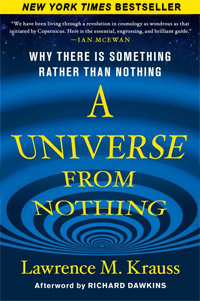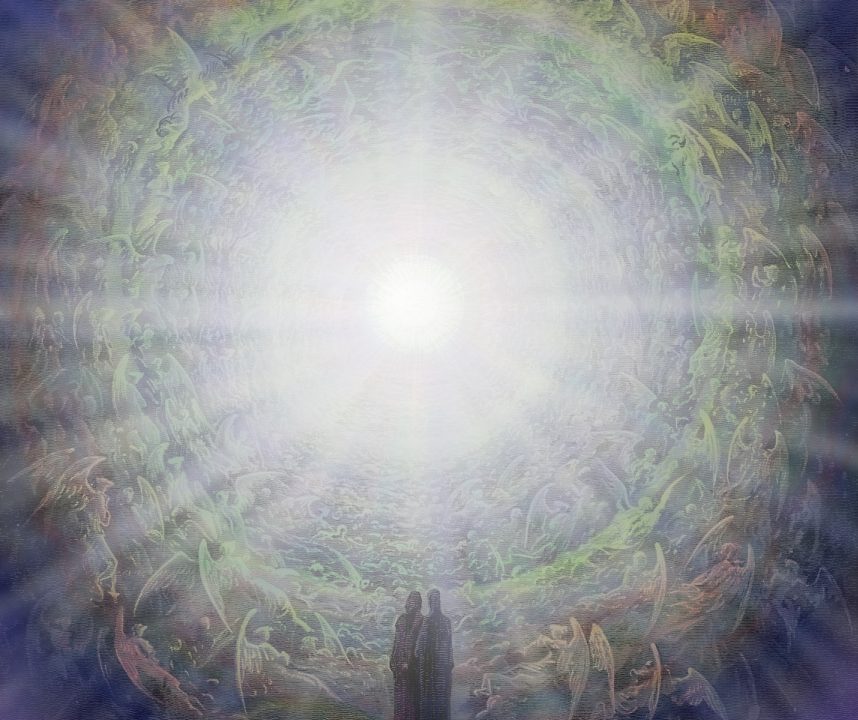Life Extension Progress
October 9, 2011
Lies, Damned Lies, and Creationism
March 18, 2012 I came across an interesting review of The Australian Book of Atheism recently, from a Catholic perspective by Frank Mobbs. The review is thoughtful (he actually read the book!) but naturally critical. My fellow contributors can answer for themselves, but the comments on my chapter “Good Without God” raise some issues worth pursuing.
I came across an interesting review of The Australian Book of Atheism recently, from a Catholic perspective by Frank Mobbs. The review is thoughtful (he actually read the book!) but naturally critical. My fellow contributors can answer for themselves, but the comments on my chapter “Good Without God” raise some issues worth pursuing.
Mobbs does not really understand the gist of my argument, which is not an inconsistent juxtaposition of “you can’t derive an ought from an is” with “we all want to go on living so we must be rational” – but is that answering the is-ought problem is central to morality (any morality), the conditional nature of life is what answers it, and that is what makes rationality and its subsidiary virtues moral.
But the most interesting comment is one he makes not only of me but the book in general: “Repeatedly the writers assert religious faith is belief without evidence. This is sheer ignorance, for all the classical arguments for God appeal to evidence.” There are two comments we need to make on that:
- An attempted argument from evidence doesn’t mean there actually is objective evidence. Yes, many Christians believe in God for reasons. The problem is, all their arguments are invalid. They all fail the test of inductively valid evidence (you can see my reasons for claiming that here). The simplest demonstration is that if parents did not teach innocent, trusting children that their own religion is truth, no scientifically literate person would find God in the observable facts of nature.
- It is impossible to target every variant of religion in any brief argument. Just as one can find evidence in the Bible for any number of contradictory doctrines, so religions, sects within religions, and even finer divisions within those, will hold innumerable contradictory positions. But faith is certainly central to most religious beliefs, and despite Mobbs’ protestations, how many Christians, faced with a contradiction between their faith and the evidence of their own mind, will choose the latter?
For my own part, I am quite aware that some Christians think they have good reasons for believing in God, and that many Christians accept that one can be good without God. Unfortunately the ridiculous levels of controversy we saw over an atheist campaign to advertise that you can be good without God shows how pervasive the contrary view is, and indeed, how invested religions are with their claims to moral authority. And they are not merely concerned with the behaviour of their own adherents: whenever they have the chance, religions push for enforcing their own morality by law. That is why such claims need to be fought.




